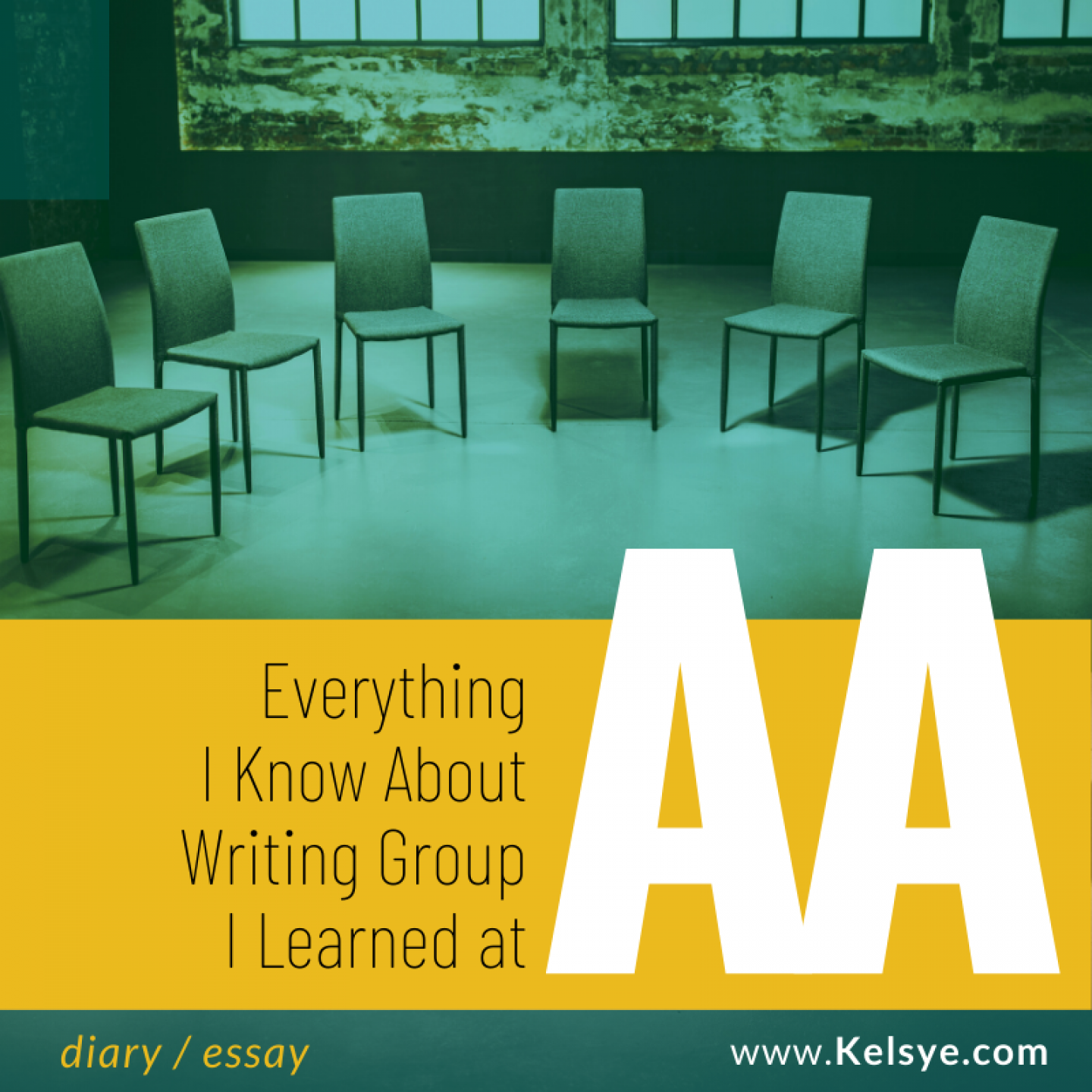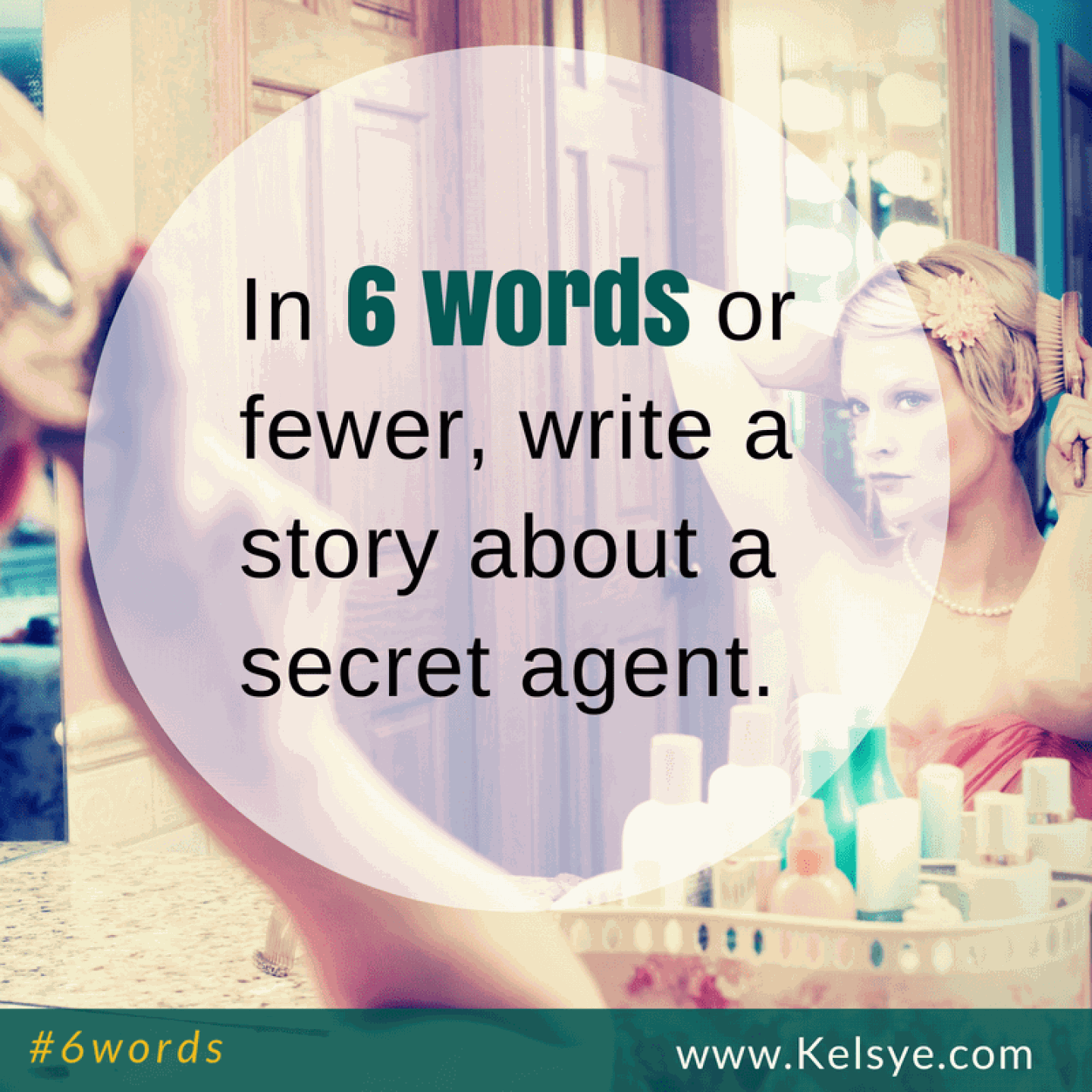
Three books in particular influenced my awareness of myself as an artist and thinker in the world. Without these books, I may possibly have believed the story I was told as a child. The story about how a life of purpose means a life of work at a desk, preferably on computers, 8-5, government-based all the better.

This slim children's book tells the story of a little mouse with an artistic soul. While the other mice labor for winter stores, they deride Frederick for sitting and daydreaming. Frederick does not budge. He states his purpose, he is collecting colors, sensations. When winter comes, he freely eats of the food the other mice collected. What a lout!
But then the food runs out, and winter's coldest nights fall over the mice. Now Frederick's work may be appreciated. He tells the suffering mice stories of summer, of plenty, of warmth and sunshine. The little mice feel comforted. They gain peace, joy even, and the strength and perseverance to survive to springtime.
Collecting food is valuable work. Building computer programs is valuable work, so is teaching and business and labor. So also is art, and writing. The way that I work may look very different from the way much of the modern world works, but it is still work.
You know, I did find a life of purpose at a desk, on a computer. My mom was right about that.

Many people have told me this biography is far from fact, and there are better ones about Van Gogh out there, but this is the one that I read when I was thirteen. This book revealed to me that an artist I considered a master actually toiled his entire life to build his craft. It wasn't as if he picked up a brush and BAMN a masterpiece happened.
Van Gogh lived unapologetically off the support for his brother, doing the work that made him happy. Ultimately, his work impacted millions of people, but he never knew that. He just knew that painting called to him, so paint he did. Van Gogh was poor. He received almost no external validation. My own art is certainly no better than Van Gogh's, so how may I be discouraged if money and recognition do not come easy to me?

I discovered Siddhartha in my twenties, when I was living in Japan. The sweeping view of a life spent began in anxious unease, but ended in sublime peace pours a calm into my spirit that lasts for weeks. Of course, it also entirely kills my productivity for a few weeks, so I must be careful of when I choose to read it. I'm the girl who gets things done. A little anxiety helps me along.
These books have properly ruined my ability to hold a "regular" job or find satisfaction in a daily grind. For that, I am eternally grateful.






